Attitudes to Covid vaccines range from those who won’t countenance them under any circumstances to those so eager to be vaccinated they are willing to bypass official channels and purchase a vaccine on the black market. Covid vaccines have joined pharmaceuticals on the counterfeit list.
Vaccine fraud is now gripping China, with the leader of a multi-million-dollar scam recently arrested for passing off saline solution and mineral water as Covid-19 vaccines.
Already a subscriber? Log in
Subscribe for just $2 a week
Try a month of The Spectator Australia absolutely free and without commitment. Not only that but – if you choose to continue – you’ll pay just $2 a week for your first year.
- Unlimited access to spectator.com.au and app
- The weekly edition on the Spectator Australia app
- Spectator podcasts and newsletters
- Full access to spectator.co.uk
Or

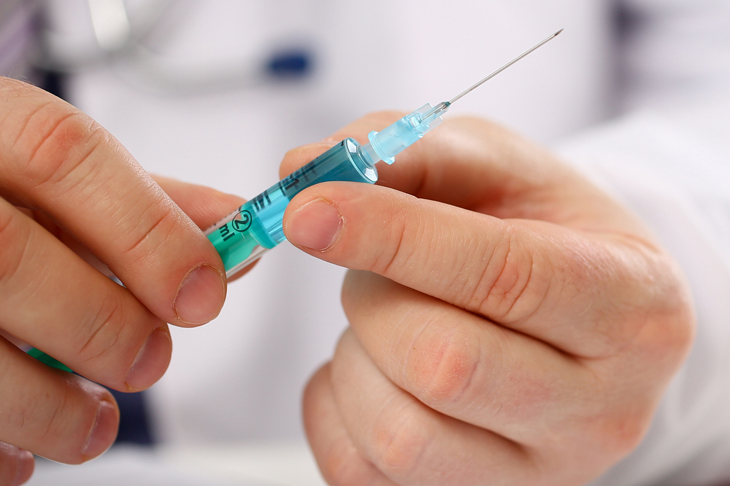

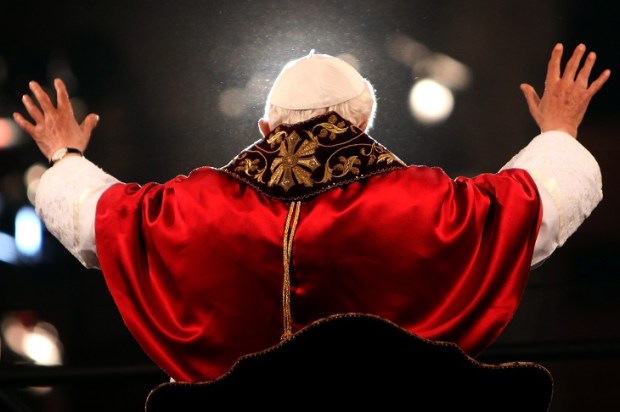
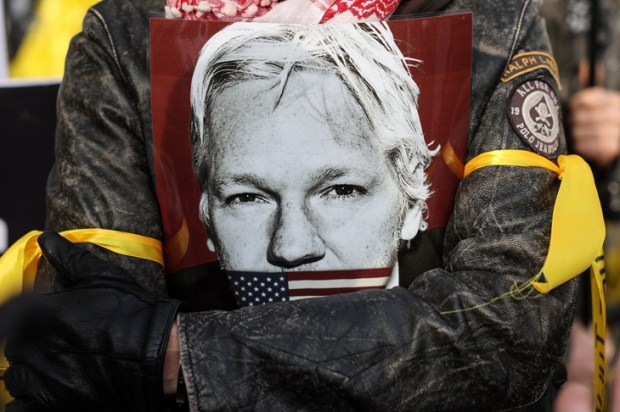
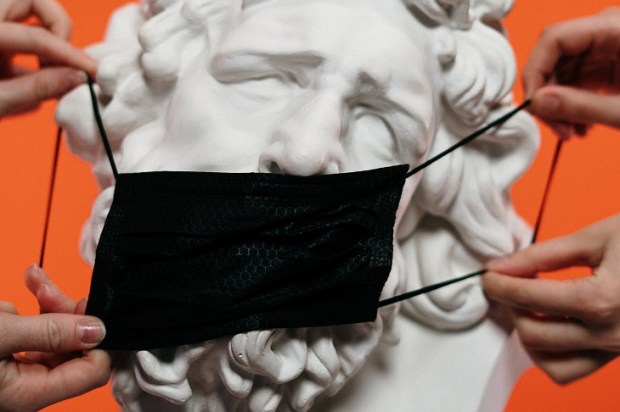
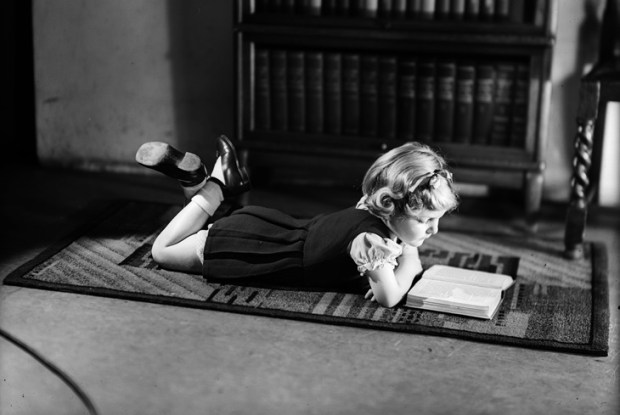
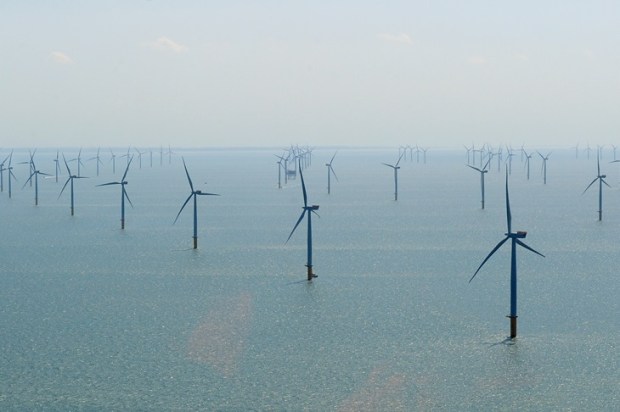


















Comments
Don't miss out
Join the conversation with other Spectator Australia readers. Subscribe to leave a comment.
SUBSCRIBEAlready a subscriber? Log in